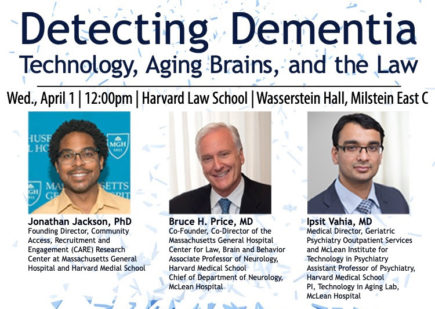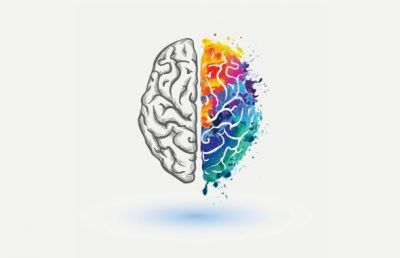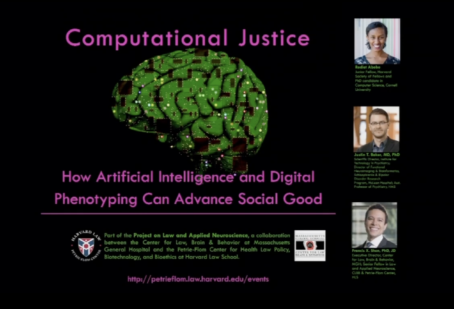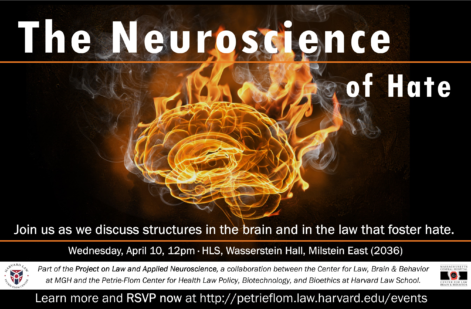In September of 2020, the Center for Law, Brain & Behavior at Massachusetts General Hospital convened a virtual Neuroscience Summit with legal scholars and attorneys, neuroscientists, physicians and psychologists from multiple specialties, and members of the MacArthur Foundation Research Network on Law and Neuroscience. The Summit’s focus was: The science of emerging adulthood: What do we know and how might this knowledge be appropriately applied in the law?
The impetus for the Summit was a series of landmark United States Supreme Court decisions between 2005 – 2016 in which the Court clarified that the developmental immaturity of youth who committed crimes under age 18 offered them protection under the Eighth Amendment that bars their execution, life sentences without possibility of parole for non-homicide crimes, and imposition of mandatory life without possibility of parole for homicides. Further litigation of the reach of Eighth Amendment protections for juveniles was anticipated and, in fact, the Supreme Court issued another decision bearing upon what procedures are required in sentencing juveniles for capital offenses in April 2021 in Jones v. Mississippi.
In this line of cases, the U.S. Supreme Court increasingly relied upon developmental neuroscience and related areas of developmental social sciences. The Court also relied upon developmental sciences in ruling in JDB. v. North Carolina (2011) that a youth’s age must be a factor considered in determining their capacity to waive their Miranda rights when interrogated by police. These cases sparked litigation in state and federal courts about whether Eighth Amendment protections afforded youth under age 18 should be extended to older adolescents and emerging young adults. As a result, State legislatures have also begun to consider extending juvenile court jurisdiction or the age of full criminal culpability beyond age 18. Further, State juvenile justice and correctional authorities have begun considering reforms to better align responses developmentally in preventing or responding to misconduct by adolescents and emerging adults.
These litigated cases and policy initiatives could signal a sea-change in how we attempt to support positive youth development, prevent youthful crime, and foster rehabilitation and community safety when crimes are committed. However, the success of science- based law and policy initiatives remains uncertain and hotly contested.
It is into this complex and dynamic context that CLBB releases the White Paper on the Science of Late Adolescence: A Guide for Judges, Attorneys, and Policy Makers. This White Paper is the product of the Neuroscience Summit and intensive multidisciplinary collaboration over the months since the Summit. We anticipate that it will have significant and enduring impact nationally in shaping litigation, legislation, and practice across multiple professions and systems that interact with juveniles, late adolescents, and emerging adults.
We hope that you find it helpful in your own thinking about the role of developmental neuroscience and related developmental research in fostering positive outcomes for our young persons, their families, and our communities. As importantly, we hope that it provides information that can support science-based policies, practices, reforms, and innovations which you and others will devise and implement.
Sincerely,








